Don’t Eat That: A Healthy Diet for a Healthy Mouth
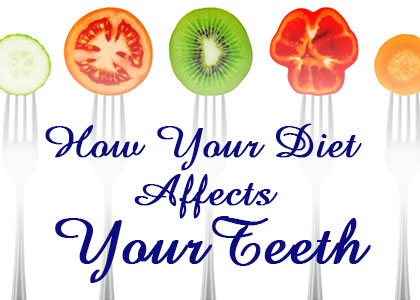 Some foods will help you grow healthy teeth and keep them forever. Some foods will prevent you from growing healthy teeth, or harm the ones you already have. You can grow and maintain strong, healthy teeth by eating a diet that your mouth (and your body) will truly love. But do you know what foods to avoid for a healthy mouth? Family Dental Health would like to share that information with you today!
Some foods will help you grow healthy teeth and keep them forever. Some foods will prevent you from growing healthy teeth, or harm the ones you already have. You can grow and maintain strong, healthy teeth by eating a diet that your mouth (and your body) will truly love. But do you know what foods to avoid for a healthy mouth? Family Dental Health would like to share that information with you today!
Diet is Everything
The word “diet” has earned a bad reputation over the years as a verb that means eating less to lose weight, but diet is also a noun and a powerful way you can give yourself the best life possible. Your diet is simply the food you eat, and most of us are trying our best to eat wholesome food with just a few sweet treats here and there.
Good food sets the stage for a healthy life. Nutrition is vital for growing healthy muscles and bones. And guess what—your teeth are bones, too! Good nutrition helps your body fight infections that cause decay and disease in your mouth and the rest of your body. Not only will a healthy diet help you have more energy, a better attention span, and the strength to enjoy your life, but it also promotes good oral health, too. Dairy, meat, nuts, fresh fruits and vegetables can all support healthy teeth and gums. But what should you avoid?
Foods that Promote Decay
Some of the foods and beverages that cause the most tooth decay:
- Sugary sodas and juice
- Sugary cocktails and coffees
- Sugary sweets like candy and baked goods
- Processed food lacking important nutrients (protein, phosphorus, calcium, and vitamins A, B, C, and D)
Foods that Damage Tooth Enamel
The hard, white surface of your teeth is your enamel. Enamel protects the nerves at the core of your tooth and helps your teeth stay strong and healthy. Some foods really hurt the surfaces of your teeth by causing dangerous buildup, or by putting too much force on the enamel and damaging it. Some foods that can damage your enamel include:
- Popcorn kernels
- Ice
- Coffee and tea with added sugar
- Citrus (lemon juice)
- Alcohol (which causes dry mouth)
- Sugary juice, soda, sports drinks, and cocktails
- Sticky, chewy or hard candy
- Dried fruit
It’s probably not surprising that sugar makes the “bad list” in both categories. You don’t have to avoid sugar completely, but it’s probably best to pick your favorite treat and just stick with that in moderation.
Love Your Mouth
If you eat a healthy diet and practice good oral hygiene, your teeth will love and serve you forever. By brushing and flossing every day and visiting the dentist for a checkup and cleaning twice a year, you can best avoid tooth decay and damage.
Make an appointment with Portland dentist, Dr. David Case at Family Dental Health to give your smile a fighting chance with a healthy diet and regular dental care.
The content of this blog is not intended to be a substitute for professional medical advice, diagnosis, or treatment. Always seek the advice of qualified health providers with questions you may have regarding medical conditions.

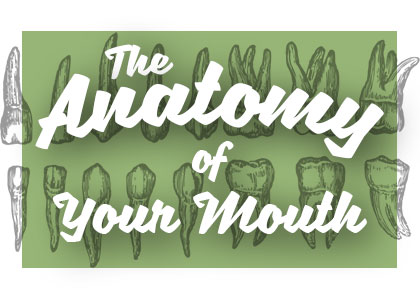 Welcome to your mouth! A healthy mouth is necessary for a healthy life. You might be surprised how many different parts work together to make your mouth function. Read more below from
Welcome to your mouth! A healthy mouth is necessary for a healthy life. You might be surprised how many different parts work together to make your mouth function. Read more below from 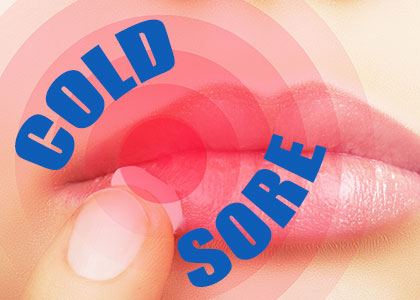
 Living in a land of antibacterial gels, soaps, plastics, and even fabrics, it might surprise you to hear that tons of bacteria live in your mouth every day, and they aren’t all bad! In fact, some play an important role in keeping up your overall health.
Living in a land of antibacterial gels, soaps, plastics, and even fabrics, it might surprise you to hear that tons of bacteria live in your mouth every day, and they aren’t all bad! In fact, some play an important role in keeping up your overall health. 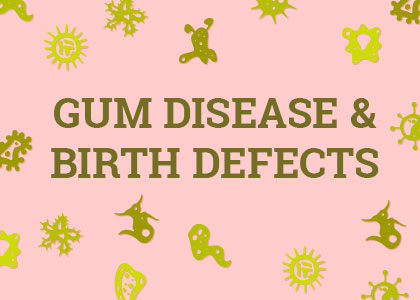 What is Gum Disease?
What is Gum Disease? When he became the first president of the United States, George Washington had only one real tooth left! You heard right—just ONE. Everyone has heard something about this great man and his dental history, but if you heard that
When he became the first president of the United States, George Washington had only one real tooth left! You heard right—just ONE. Everyone has heard something about this great man and his dental history, but if you heard that 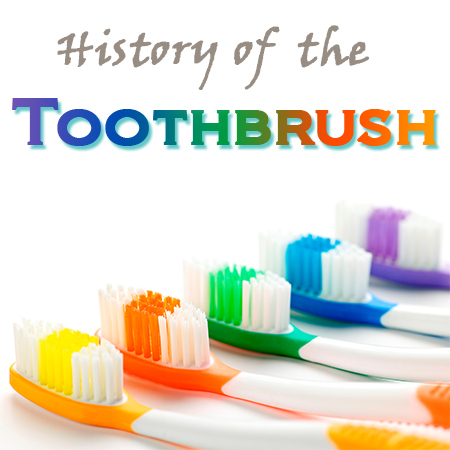 If you had to give up your toothbrush or your car, which would it be? According to a recent survey, 42 percent of adults and 34 percent of teens would rather turn in their keys, computer, cell phone, or microwave than get rid of their toothbrushes. It seems that many people love toothbrushes the way your
If you had to give up your toothbrush or your car, which would it be? According to a recent survey, 42 percent of adults and 34 percent of teens would rather turn in their keys, computer, cell phone, or microwave than get rid of their toothbrushes. It seems that many people love toothbrushes the way your 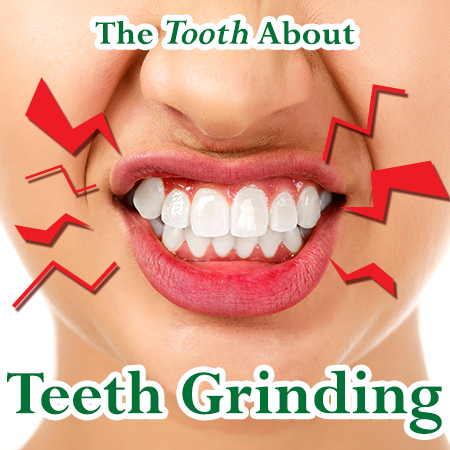 Headaches in Portland are a dime a dozen. We all know the frustration of having your day interrupted by throbbing, shooting pains in the head. If you suffer from frequent headaches that never seem to go away,
Headaches in Portland are a dime a dozen. We all know the frustration of having your day interrupted by throbbing, shooting pains in the head. If you suffer from frequent headaches that never seem to go away, 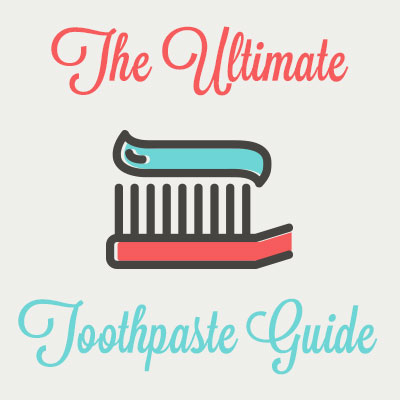 Fresh breath sets the tone for every moment of your day: first thing in the morning, before an important meeting, after working out, or just before bed. Whether you prefer cool mint, invigorating cinnamon, or herbal anise, it’s your favorite trusty toothpaste that delivers that fresh, clean feeling.
Fresh breath sets the tone for every moment of your day: first thing in the morning, before an important meeting, after working out, or just before bed. Whether you prefer cool mint, invigorating cinnamon, or herbal anise, it’s your favorite trusty toothpaste that delivers that fresh, clean feeling. Your jawbone (the mandible) meets your skull bone (the temporal bone) at the temporomandibular joint or TMJ. On a good day, this joint allows your mouth to open and close, to speak and eat or rest. On a bad day, you can develop
Your jawbone (the mandible) meets your skull bone (the temporal bone) at the temporomandibular joint or TMJ. On a good day, this joint allows your mouth to open and close, to speak and eat or rest. On a bad day, you can develop